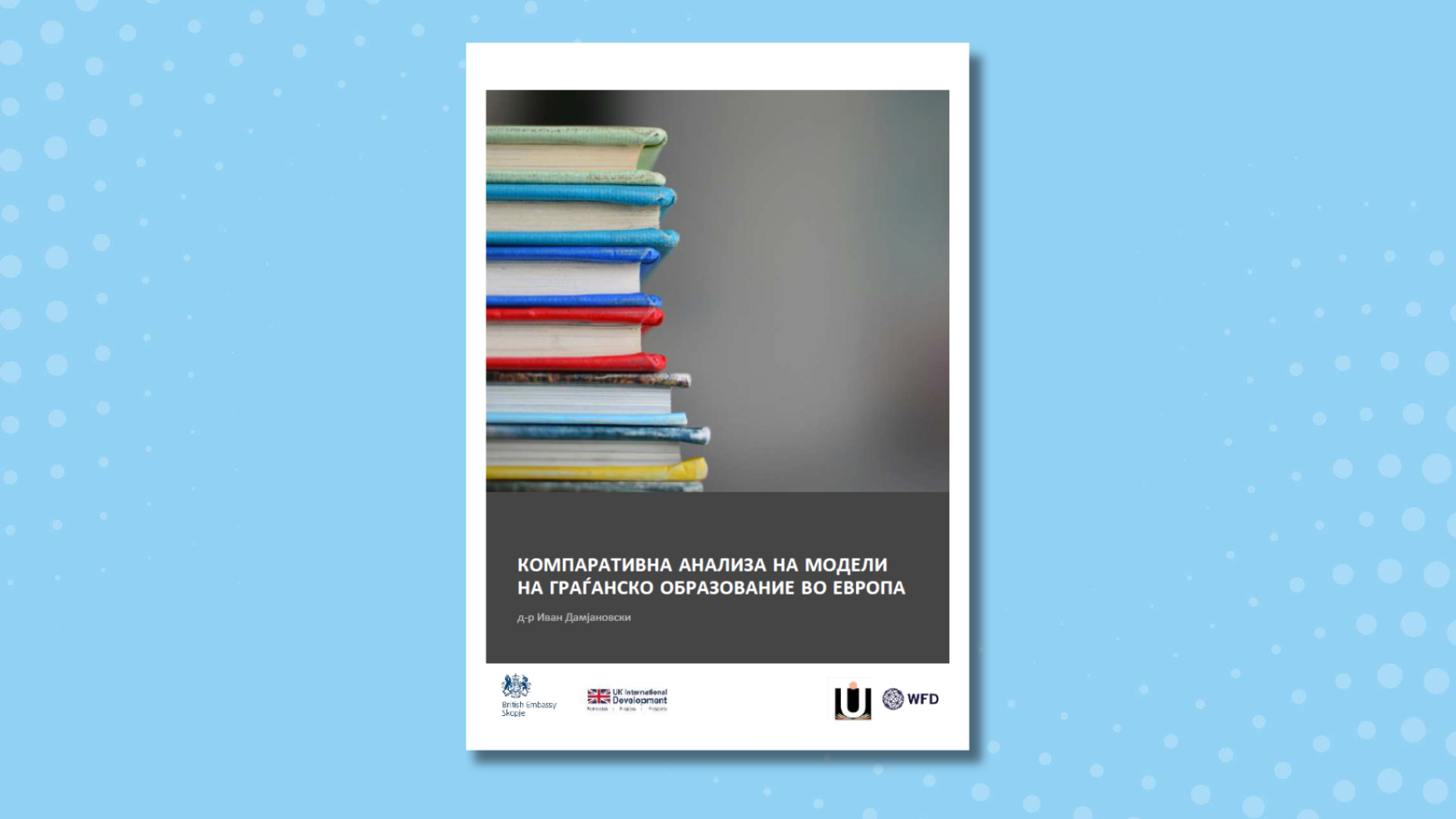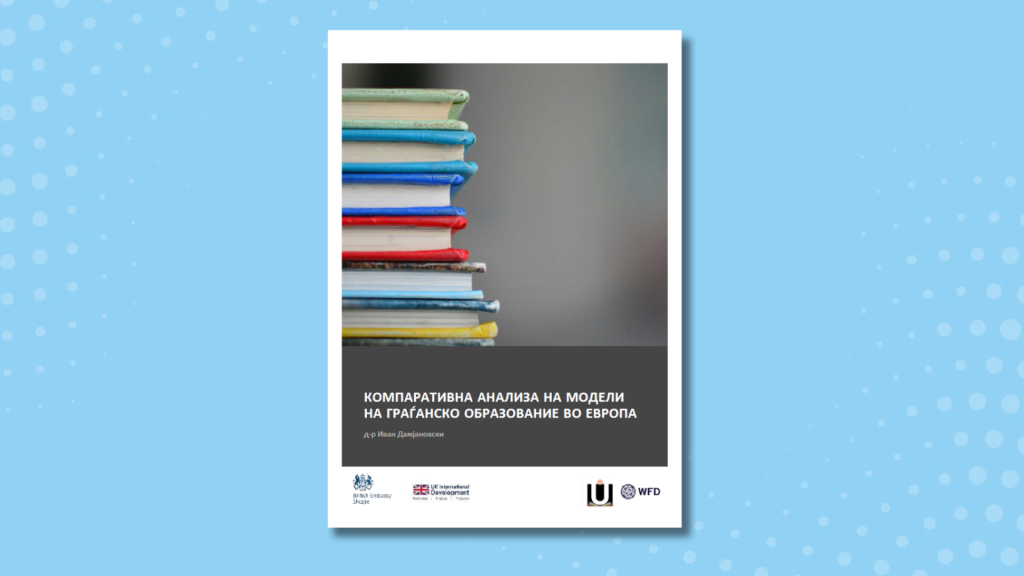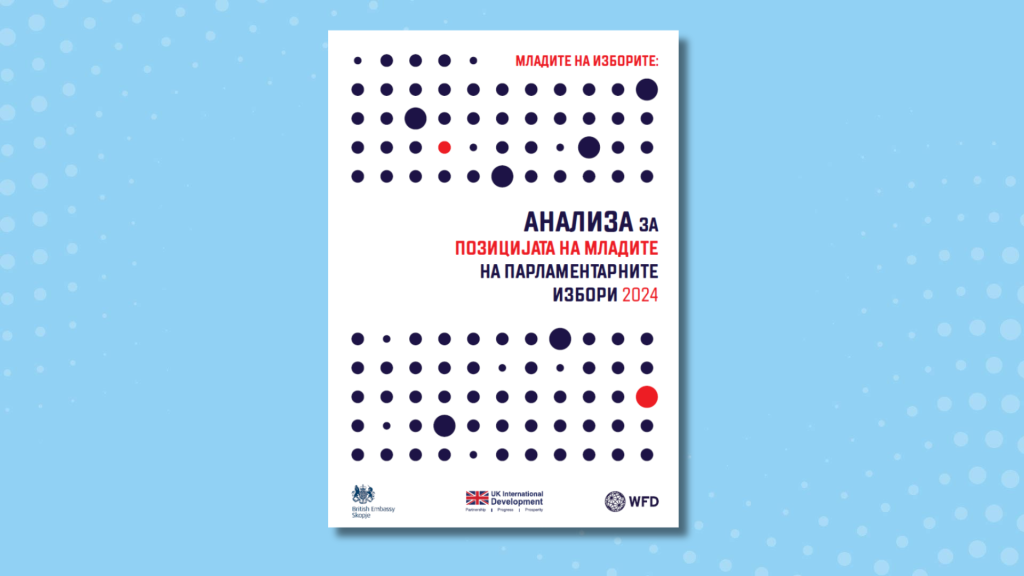Summary
Even though forms of civic education in Europe historically can be traced since the beginning of the 20th century, it begins to develop as a standardized curriculum program within the educational process in the last 50 years.
Its importance for the educational development of young population it is especially strengthened in the 21st century, facing the new challenges of a declining social capital, reduced trust in democratic institutions, misinformation and lack of tolerance towards diversity in society.
Today, the goal of civic education is to prepare young people to be responsible citizens. This means equipping them with knowledge about political processes and fostering critical thinking skills to actively participate in democratic processes at both local and national levels.
This research provides a comparative analysis of civic education across Europe, focusing on three specific case studies. It examines three key aspects of modern civic education in primary and secondary schools: how civic education is integrated into national curricula, the content of these curricula, and the profile of teachers who deliver civic education.
The study begins with a general overview of civic education trends in Europe and then delves into detailed case studies from Denmark, France, and Croatia. It concludes with recommendations for potentially reforming civic education in North Macedonia, drawing on the best practices observed in these European countries.
The document was prepared by Professor Ivan Damjanovski for the needs of the Student Union of High School Students in North Macedonia, as part of their efforts to introduce contents of civic education as mandatory subject in the secondary schools.
The Union implements this initiative with the mentorship of Professor Nenad Marković and support from the "Democracy Works" project.




